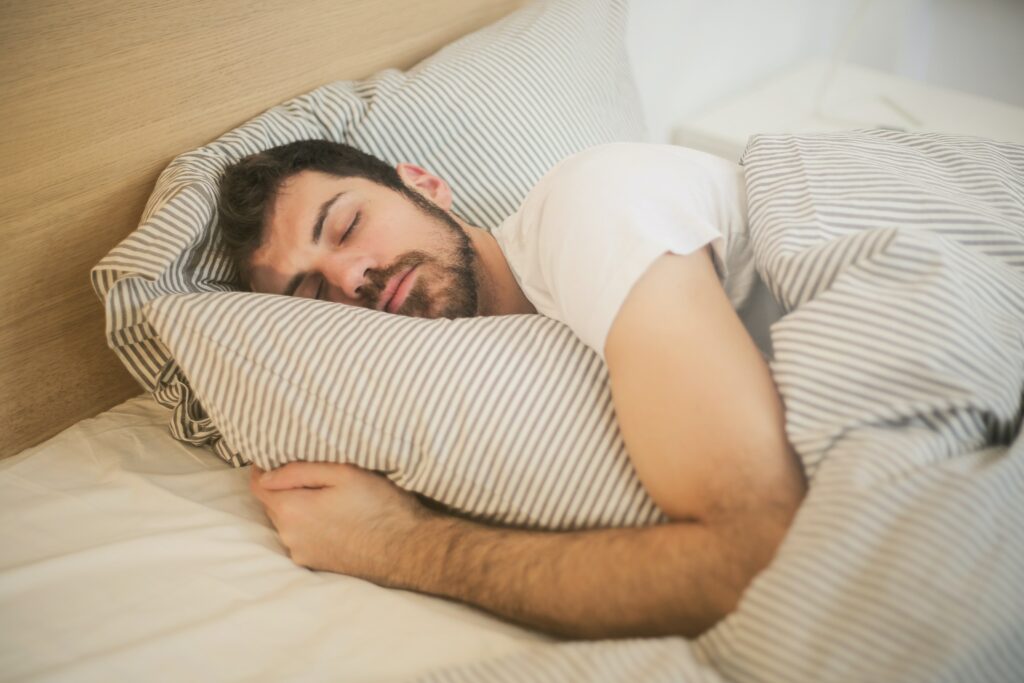Sleep deprivation has been more common in the previous year and a half, and there’s even a term for it: coronasomnia.

However, sleep problems were a concern for many people long before the pandemic. As we return to work and school and adjust to our “new normal,” 30 percent to 35 percent of the population will most certainly continue to suffer from short-term insomnia.
Although about nine million Americans, many of whom were older folks, used pharmaceutical sleep aids prior to COVID-19, there is growing interest in natural sleep aids that provide a better night’s sleep with fewer side effects or dependency problems than prescription medications. Natural sleep aids, which can be plant- or mineral-based, are normally available without a prescription.
What’s the catch? The FDA does not regulate these OTC sleep aids, and the term “natural” is not defined by the government, so it can imply anything a company’s marketing team wants it to mean. Simply because something claims to be natural does not imply that it is safe or effective. In this post, we’ll look at a variety of natural sleep cures to see if they’re a suitable fit for your specific sleep needs.
What Exactly Are Natural Sleep Aids?
There is no single clinical definition of a natural sleep aid. They have the following qualities in general:
- They are available without a prescription and are sold over-the-counter.
- They are composed of natural elements such as plants and minerals rather than being synthesized in a lab or produced synthetically. They could also be a naturally occurring molecule in our bodies, such as melatonin.
- According to several research, they have less negative effects than prescription medications.
They have a slower onset of action than prescription medications.
Natural sleeping aids are a good alternative for those who do not want to take prescription medication for sleep disorders. There is evidence that sleeping drugs may not work well for everyone, and some people are concerned about the danger of addiction. Natural sleep aids are therefore an appealing option.
However, before you consider any type of sleeping aid, assess your sleep hygiene first. Are you providing your body with the finest possible support so that it can slumber at night? Make sure your bedroom is sleep-friendly: It should be dark, with plenty of ventilation and the greatest mattress, blankets, and pillow money can buy.
